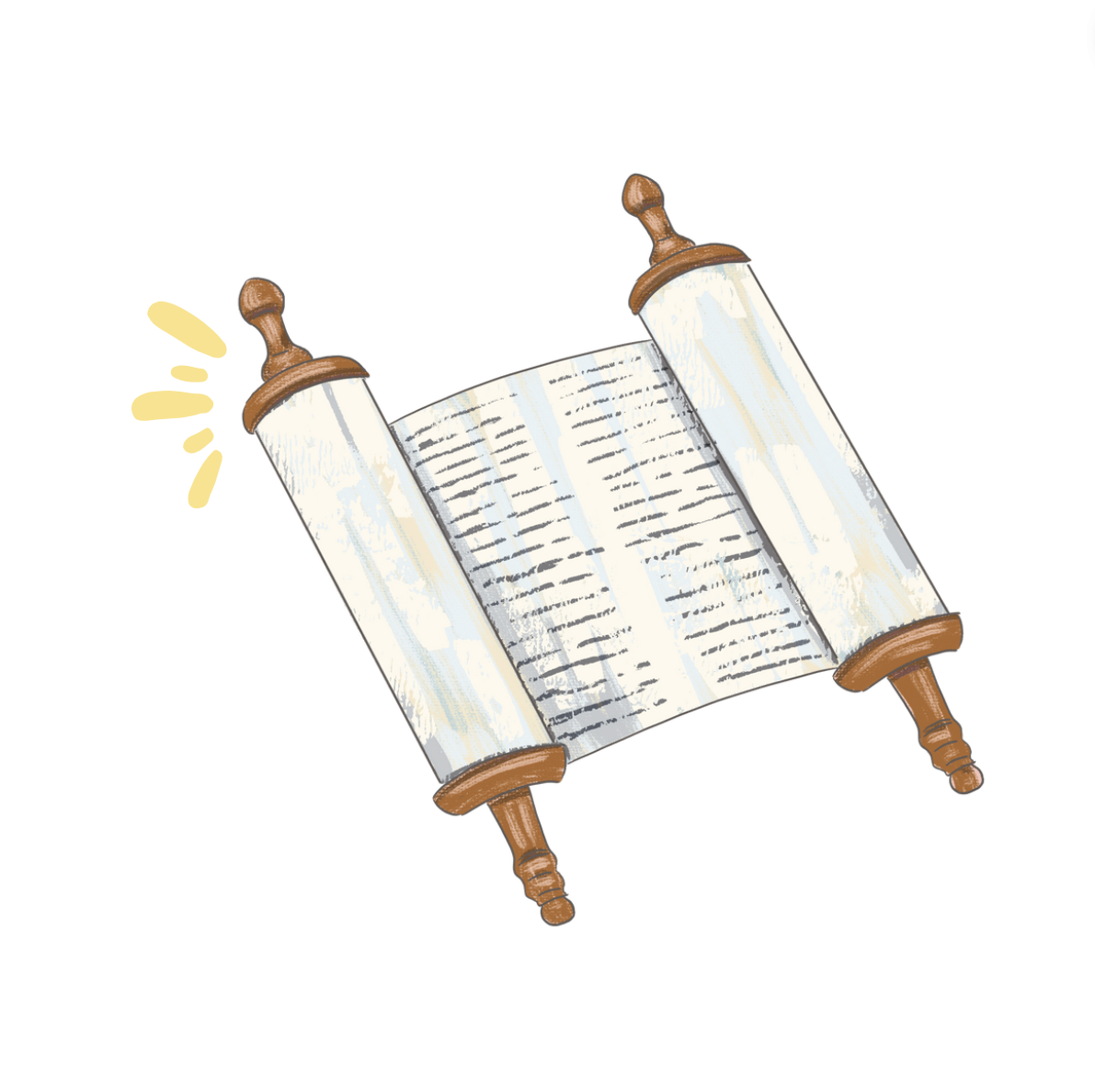It’s been a tough few months for the Jewish community. From antisemitic tweets and statements made by well-known athletes and celebrities—public figures whose platforms reach millions—to credible (and thankfully, thwarted) threats to synagogues and Jewish communties, the years-long rise in antisemitism is in full force.
In her book, People Love Dead Jews, Dara Horn shares a theory about why we are seeing more antisemitic vitriol in the US than we ever have before. Her answer is simple…and disturbing:
“The last few generations of Jews had been chagrined by the enormity of the Holocaust—which had been perpetrated by America’s enemy, and which was grotesque enough to make antisemitism socially unacceptable, even shameful. Now that people who remembered the shock of those events were dying off, the public shame associated with antisemitism was dying too. In other words, hating Jews was normal. And historically speaking, the decades in which my parents and I had grown up simply hadn’t been normal. Now, normal was coming back.” (pp. 217-218).
After the massacre at the Tree of Life Synagogue in October 2018, I remember thinking, with great sadness, that Jews in America had just joined Jewish history in a new way. Mourning violent attacks against our communities, and fearing subsequent ones, had rarely been part of our experience in this country. Now, tragically, it is.
So many people have asked me how I am dealing with this new reality. I always remind them of our strong security procedures at JCP, and about how many organizations, including the ADL, are constantly and diligently working with law enforcement to protect the Jewish community from harm. I am so deeply grateful to the people who keep us safe. I am also thankful for friends and allies who reach out with messages of support.
But I am also concerned. It seems that so many people—Jews and non-Jews alike—become animated about Judaism only when Jews are threatened. When antisemitism rears its ugly head, Jewish identity suddenly becomes not about the richness of text study, or the beauty of holiday celebrations, or the joy of imparting our ancient wisdom to the next generation. Instead, sadly, it becomes about how much people hate us, and always have.
As Horn points out in her book, the Syrian Greeks of the Hanukkah story did not want to kill Jews. Instead, they wanted to wipe out Jewish identity and traditions by inserting their own religious practices in their place (p. 57). Jews weren’t allowed to study Torah, they weren’t allowed to circumcise their sons, and they weren’t allowed to worship in their sacred Temple (a statue of Zeus had been placed on the sacrificial altar). In the Hanukkah story, the goal of the antisemitism was not to kill Jews, but to kill Judaism. And in our current environment, we can’t let antisemitism accomplish either of these horrific goals.
We must, at all costs, protect ourselves when our communities are threatened with violence. And we must make our voices heard when people spread this dangerous and most ancient form of hatred.
But we must also remember—as the Hanukkah story reminds us—not to let antisemitism define Judaism. If antisemitism is the sole force that shapes Jewish identity, that’s just another victory for hatred. Judaism is so much more than reacting to antisemitism. Our Jewish lives can and should be shaped by all of the beauty and meaning of our tradition…not just by the forces that want to destroy it.
One of the Hanukkah traditions is to display the menorah in the window in order to “publicize the miracle” of Hanukkah. During a holiday where we remember how Jewish tradition was almost wiped out, we respond by proudly and publicly displaying the symbols of our faith.
So when people ask me how I am dealing with this new reality, and what I am doing to fight antisemitism, I feel excited and empowered when I share that we at JCP help our community live as proud and joyful Jews. There’s no better antidote to hatred than witnessing our community at its best.
Shabbat shalom,
Deena

